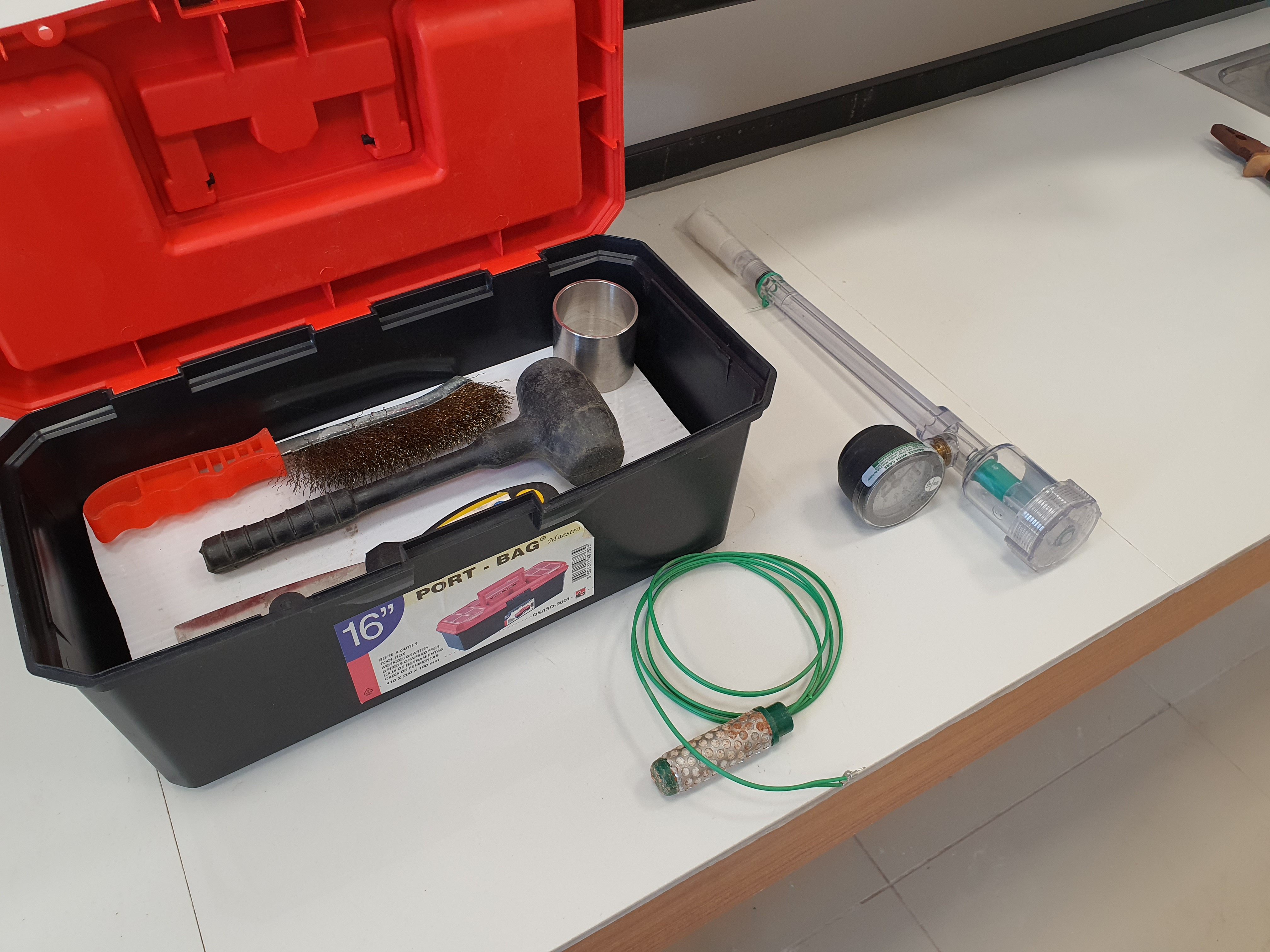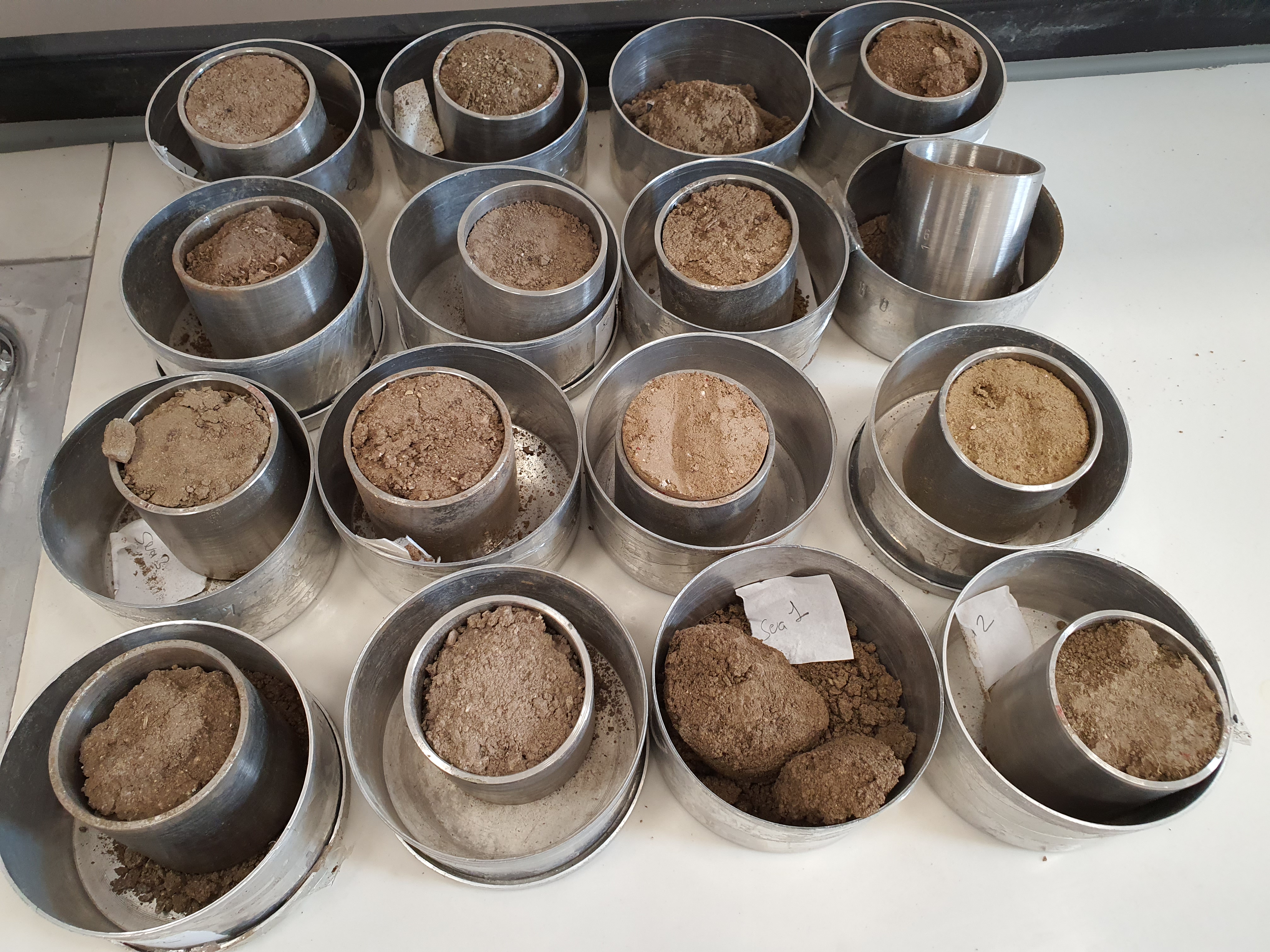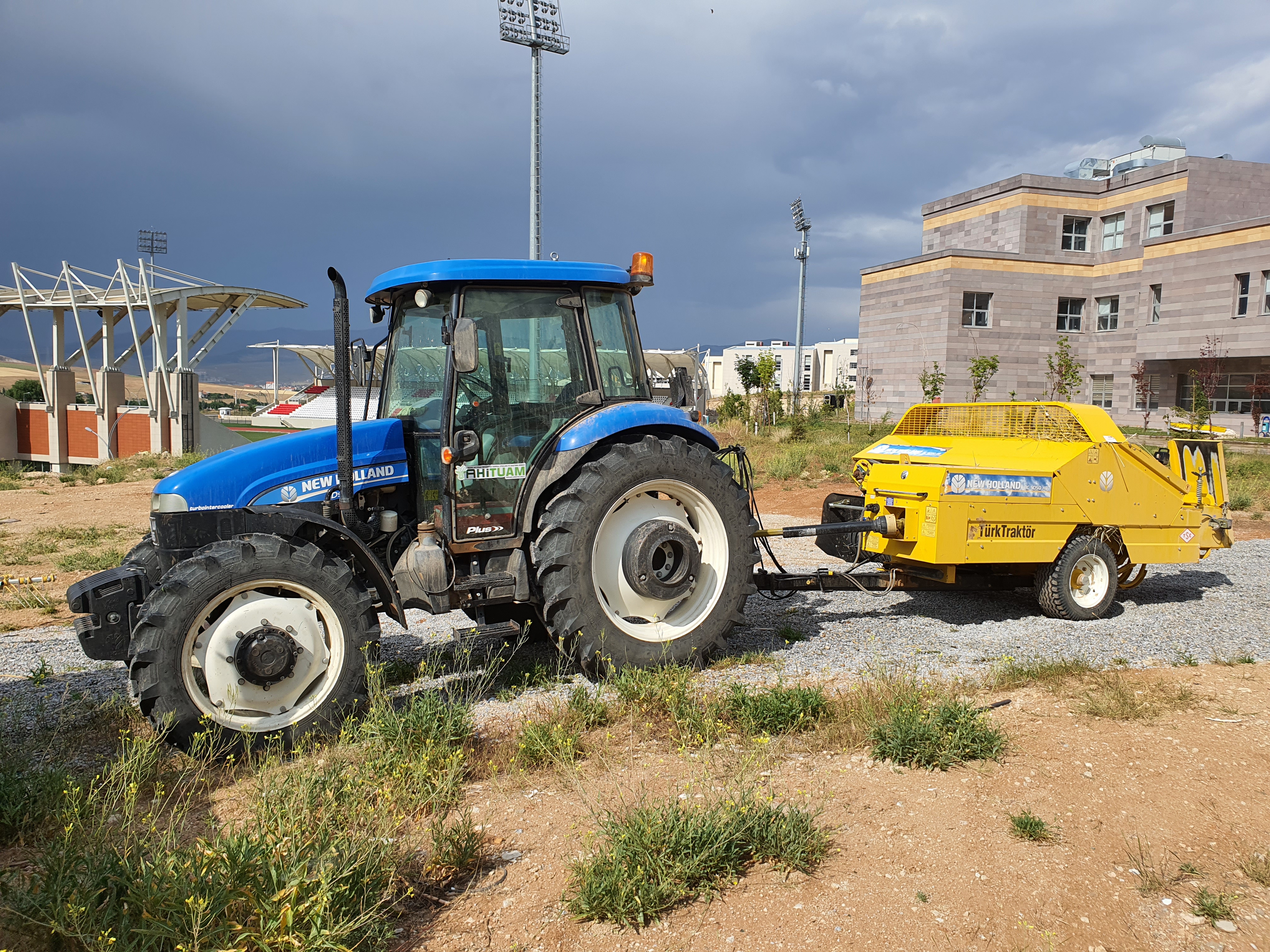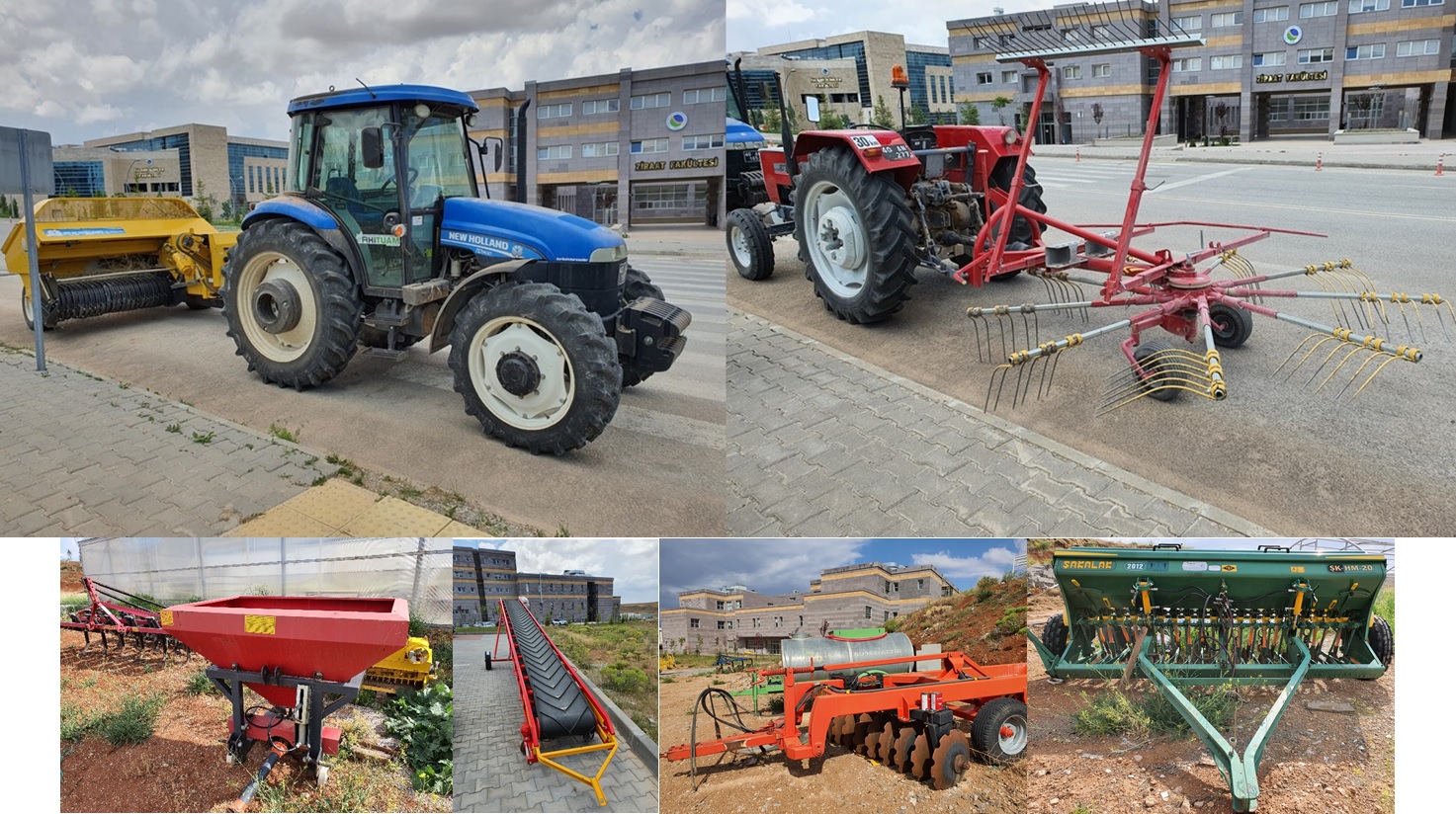About
Biosystems or Biological Systems Engineering; It is a profession that applies engineering thoughts, principles and methods in solving problems of biological-based systems such as agriculture, food, renewable energy, biomass and biofuel production. Biosystems Engineering, which covers the processes of converting a biological material into a useful product, deals with the design and management of systems related to the production, processing, storage, transportation and use of agricultural, industrial (fiber, biofuel, etc.), food products and wastes. In this respect, it is not limited to the issues related to the traditional production of agricultural products and foodstuffs, but approaches the large agricultural, industrial and food production system from a global perspective.
Graduation RequirementsTo be successful in minimum 240 ECTS credits by getting at least a CC grade from all the courses determined in the curriculum.
Employment Opportunities
Department Laboratories
Land and Water Resources Laboratory
In the Land and Water Resources Laboratory, there are tools and devices used in irrigation time planning based on soil monitoring. These instruments and devices are the tensiometer and the Watermark, as well as the gravimetric sampling method used in soil water content measurements. Determination of the volume weight, which is one of the physical properties of the soil in irrigation applications, is carried out in the laboratory using the cylinder method. There are also desktop pH meters and Electrical Conductivity (EC) measuring instruments, which are among the irrigation water quality analysis parameters. There is a Clavenger Distillation device in the essential oil determination.


Agricultural Structures Laboratory
In the Agricultural Structures Laboratory, there are tools and devices related to land measurements. These tools and devices are the poles used in finding the intermediate points of the points in the field and the extension processes, the prism used in the vertical descending and vertical ascending processes, the steel tape measure used in the measurement of lengths and the counting sticks. In addition, this laboratory has a level and theodolite tool to be used in point leveling, surface leveling, transverse and longitudinal leveling profiles and leveling operations.


In addition, there are instruments such as temperature and relative humidity meters, anemometer, barometer, compass, GPS, laser meter in our laboratory. With these instruments, information such as temperature, relative humidity, dew point temperature, direction, air pressure, dimensions of the structure and location in animal and plant production structures are measured with these instruments.

Agricultural Machinery Systems Laboratory
Department of Agricultural Machinery Systems, especially tractors, power sources used in agriculture, soil cultivation tools and machinery, planting, maintenance and fertilization machinery, irrigation mechanization, harvesting, threshing, product processing machinery, agricultural war machines, livestock mechanization, greenhouse mechanization, He continues his academic activities on research, design and manufacturing on ergonomics and occupational safety in agricultural mechanization, remote sensing and precision agriculture technologies. For this purpose, the tractor, which is located in the existing agricultural equipment and machinery park, has mechanical workshop facilities that can be used in the maintenance and repair of these tools and machines, as well as soil cultivation, planting, planting, maintenance, fertilization, irrigation, plant protection and harvesting-threshing tools and machines.



Agricultural Energy Systems Laboratory
The Department of Agricultural Energy Systems continues its academic activities on research, design and manufacturing for renewable energy sources that can be used in agriculture, agricultural electrification, heating, cooling, air conditioning in agricultural buildings and facilities, and evaluation of agricultural wastes in bioenergy production. For this purpose, equipment that can measure environmental conditions such as sound, vibration, light, humidity and temperature in our Agricultural Energy Systems Laboratory with the existing greenhouse infrastructure can be utilized.

Laboratory manager: Assoc. Prof. Dr. Sedat BOYACI









